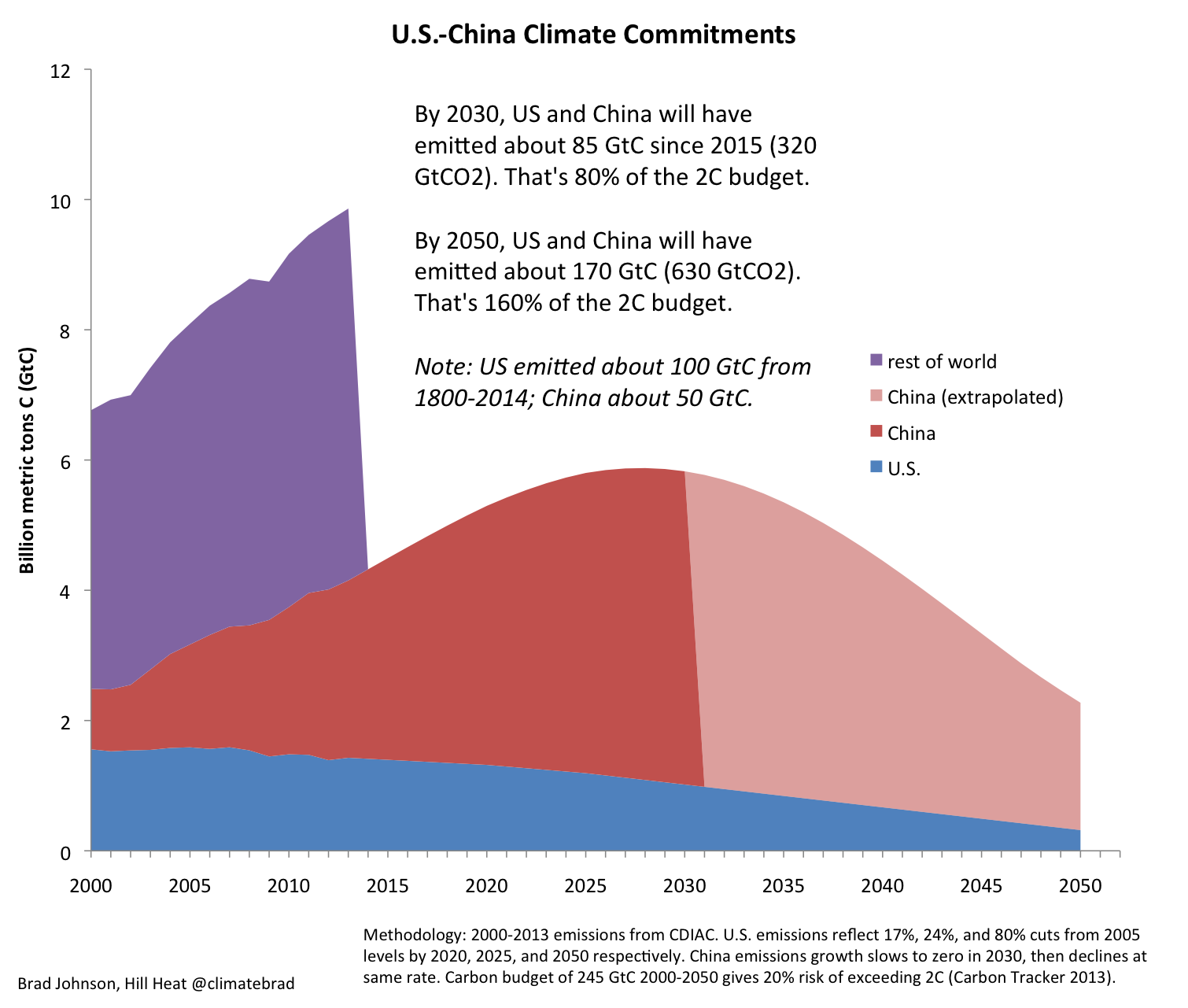Senators respond to China’s recent emissions reduction
announcement
of lowering greenhouse gas intensity by 40 percent from 2005 levels by
2020. Several senators continue to move away from the legislative
structure passed by the House of Representatives, and supported by
President Obama and most industry advocates of reform.
Jeff Bingaman (D-NM)
E&E
News
Bill Wicker, a Bingaman spokesman, said the chairman supports the
economywide cap-and-trade approach for reducing emissions but also
sees some merits in the other ideas. Additionally, several panel
members on both sides of the aisle have signaled interest in
legislative options beyond the cap-and-trade bill approved earlier
this spring in the House and now up for debate in the Senate. “We
thought it’d be a good idea to step back and put all of the different
policy options into a single hearing,” Wicker said.
Maria Cantwell (D-WA)
E&E News By the time we’re
done with financial regulatory reform, everybody’s head is going to be
spinning and they’re going to be saying, “Oh my gosh, how can you
prevent this from happening again?”
People are moving more toward something that’s much more streamlined.
The bottom line is you don’t want to have added volatility to the
market when trying to solve [the emissions] problem. And that’s
clearly what the futures trading does. It adds volatility. What you
want is a predictable price so that people can move forward and
diversify.
Robert Casey (D-PA)
E&E News There’s a lot of
verification we’re going to have to see before I’d embrace it
[China’s announced GHG commitments] and
say it’s as positive a development as the Chinese would hope we’d say
it is. I’m a little skeptical is maybe the fastest way to say it.
So if we’ve got problems here in terms of working that out and making
sure there are enough emission allowances for us to do what we need to
do here, you can imagine how much more complicated it gets
internationally.
Byron Dorgan (D-ND)
E&E News Some will make the
case that if you do financial reform that setting up a Wall Street
trading system on carbon securities is less dangerous. I am not
interested in setting up a trillion-dollar carbon securities market to
tell us what the price of energy is going to be.
E&E News It’s pretty clear
to me that our nation is going to continue to use our most abundant
resource, which is coal, but we’re going to use it differently. And
the question is how do we do that. How do we find the science,
technology and research capability to allow us to continue to use coal
in a manner that would decarbonize it or use it in a much lower
manner? This [CCS funding report] was a unique exercise and a unique
product of thought, where several stakeholders have come together on a
single issue. . . [It will provide] beneficial pathways for future
legislation.
Amy Klobuchar (D-MN)
E&E News The idea would be
while the body is working on financial regulation, then during that
same time we’ll be getting the energy, the bipartisan group working on
energy.
Richard G. Lugar
E&E News I’d not be
comfortable if the Copenhagen progress report relied on billions of
dollars [in international assistance] anticipated from the U.S.
budget that we’ve not debated and will be very contentious.
Lisa Murkowski (D-AK)
E&E
News
Robert Dillon, a spokesman for Energy and Natural Resources Committee
ranking member Lisa Murkowski (R-Alaska), offered Bingaman praise for
keeping an open mind to alternatives. “Everyone assumes cap and trade
is the only way to go,” Dillon said. “There’s been a demonization or
marginalization of anyone raising other options.” As for Murkowski, a
onetime supporter of cap-and-trade legislation, Dillon said, “She’s
not promoting one idea over another yet. She’s exploring the options.”
Jay Rockefeller (D-WV)
E&E News The Chinese are a
mystery that way. They enter negotiations always with an advantage
because nobody knows what they’re going to do, what they’re going to
say, or whether they mean it.
Sheldon Whitehouse (D-RI)
E&E News Unfortunately, we
start from a position where there’s fairly considerable basis for
skepticism on the enforcement side [for China emissions reductions],
which means the administration has got to come up with a pretty solid
program. It doesn’t matter what their numbers are if they don’t have
to prove them.
Politico
If we don’t provide those other technologies a level playing field, we
provide an unfair advantage to the nuclear power industry at the
expense of the American economy at large.


 A new report from the Center
for American Progress points out that the United States is slipping
behind other nations in the development and deployment of clean energy
and efficient infrastructure even as China spends
A new report from the Center
for American Progress points out that the United States is slipping
behind other nations in the development and deployment of clean energy
and efficient infrastructure even as China spends